The Trouble with Stonewall: Roland Emmerich’s latest disaster movie
Roland Emmerich's Stonewall butchers a watershed moment in LGBT history

There’s a lone, gripping moment in Stonewall. It occurs about a third of the way through the otherwise lugubrious 2 hour film, as a pair of billy club-wielding police officers savagely beat Danny (Jeremy Irvine), the film’s blond, angelic centerpiece and preordained hero. What comes next is predictable but no less harrowing, as one of the officers, in the smarmiest tone imaginable, wonders aloud if the bloodied, battered young man should fellate him. Danny is spared when the cops are abruptly called away, but it’s his first taste of extreme persecution, the subhuman treatment gays endured in the late ’60s. Watching, you can’t help but think that while things are still far from perfect for the LGBT community, the movement sparked by the near-mythic events surrounding the legendary Stonewall Inn bar transformed our existence. Yes, it got better.
Unfortunately, Stonewall (![]() ) does not get better.
) does not get better.
It most certainly did not get better for Danny, a closeted, small town Indiana high school student in love with his best friend Joe, a strapping high school quarterback.
“Do you think we’re sick?” asks the quiet, sensitive Danny, as Joe unbuckles his pants late one night in the front seat of his car. After Joe responds in the negative, Danny follows with a wistful, “I like you.”
“Don’t say that,” retorts Joe, aghast. “This is just for now. We’re not faggots.” He then pushes Danny’s head into his crotch.
Naturally they’re caught, and Danny, ostracized by friends and family, runs away from home and his remote, stern, abusive father, useless Stepford Wife of a mother, and vomitously supportive little sister — who should have been personally introduced to Hannibal Lecter before uttering her first line of sap-drenched dialogue.
Where does Danny go? New York. What street in New York? Christopher! What happens immediately? A supremely aged, lecherous man slithers next to the midwestern nymph and salaciously offers him a place to rest his weary head. (This is the first of many squirm-inducing moments to come.) Danny rebuffs the advance and instantly falls in with a bunch of happy-go-lucky street kids who turn tricks to survive, because that’s what happens in real life. He ultimately becomes their guiding light to salvation and liberation, with a brick in hand and a fist-pumping cry of “Gay power!”
Roland Emmerich’s film is a self-aggrandizing tribute to those wonderful, brave, accidental LGBT activists who, over four nights of rioting in the West Village, sparked the birth of the second greatest civil rights movement in our lifetime. Stonewall is the LGBT community’s Selma. And if you’re going to make a film about it, please, do it with intelligence, insight and respect for those involved. Pay genuine homage — not fleeting lip service — to the transgender persons and gay people of color who stood up and said, essentially, “We’re mad as hell and we’re not going to take it anymore.” The movie would have you believe, as one character puts it, “These kids have nothing left to lose.” The fact is, they had everything to gain. The Stonewall riot was not a moment of last-ditch desperation, it was an outcry of rage, a call for justice, equality and, most of all, visibility. It was the night we emerged from the shadows and into the light.
As a gay man, I felt insulted watching the film. Truly one of the most incompetent LGBT-themed films to ever make it onto the screen — and I have seen hundreds in my years as a journalist and critic, of all stripes, good and bad — Stonewall is a defamation not just to our community, but to moviegoers of all genders, sexualities, race, creed, you have it. A vanity project of astonishingly huge proportions, it’s the deeply misguided work of a white, gay, obscenely privileged man thumping his chest and proclaiming, “This is how I see our history.” Emmerich pretty much said so himself, telling Buzzfeed’s Shannon Keating that “as a director, you have to put yourself in your movies, and I’m white and gay.” He continued: “I didn’t make this movie for only gay people, I made it also for straight people. I kind of find out, in the testing process, that actually, for straight people, [Danny] is a very easy in…. [Straight audiences] can feel for him.” (Why anyone would feel the need to do focus group testing on what’s meant to be an intimate, independent film is mind-boggling in itself.)
Historical veracity doesn’t seem important within the film’s manufactured universe. Dramatic license is not uncommon, and most movies based on actual events indulge in copious amounts of it. Yet how hard would it have been to give Silvia Rivera her due? And the renowned drag queen Marsha P. Johnson, one of the era’s most fascinating, important people, is given a tiny sliver of screen time. To make matters worse, the character is used as comic relief. To his credit, Otoja Abit provides Johnson genuine sass and spark, but he can’t overcome the wretched dialogue he’s forced to recite.
Essentially, Stonewall warps history to suit Emmerich’s needs, in the process reducing our greatest cataclysmic moment — it feels like a shoddy TV movie from the ’70s, or worse, an Afternoon Special, but with vastly unpleasant sex. Stonewall is the kind of movie where you laugh out loud when you shouldn’t be so much as cracking a smile, where you cringe over an instant of appalling dialogue. It’s the kind of movie where you leave feeling soiled, ashamed even. You pray straight people will never see it, because it turns homosexuality into something unseemly and dank. There’s no ebullience here, only despair, longing and pining. Lots and lots of pining. “Every guy has to get over being in love with a guy who can’t love him back,” the famed gay rights activist Bob Kohler (Patrick Garrow) soberly informs Danny.

The movie’s underlying point has some validity. At the time, gays were reduced to less-than-nothing in society’s eyes. We were squirreled away, sight unseen. And if we were seen, we were punished severely for being ourselves. We were not capable of love in the world’s eyes, only driven by our hunger for sex. We were seen as perverts, classified as mentally ill. The answer to some — such as Frank Kameny and the Mattachine Society — was to assimilate, to blend in by donning suits. If we were like everyone else, then everyone else would come to like us. There’s a way to relate this intense, heartbreaking time in our history with emotional power and poignancy, with finesse and sensitivity, with tenderness and passion, and impactfully propel it forth in a glorious blaze of outrage and anger. And yet the material fully eludes Emmerich and screenwriter Jon Robin Baitz, both gay men who should know better. Baitz, in particular, a masterful playwright in his own right (Other Desert Cities), should be apologizing profusely for his role in this travesty.
Controversy has already engulfed Stonewall in Emmerich’s boneheaded choice to make his hero a whitebread boy. Played by Irvine with all the charm of a potato, Danny might as well be goose-stepping his way through the West Village. The primary narrative deals with Danny’s awakening to the wonderful promise of being a gay man, and the promise of a life that could be fully claimed, and yet that tale has been told many times before in far better ways. Yet here it is again: Stonewall, reduced to coming-of-age melodrama.
The real heroes of Stonewall are relegated to side-order status, while Danny, the main course, rises up against the mob and police corruption and all the persecution that kept gays from living fulfilling lives. The moment he is handed the fated brick, your heart plummets. Danny is the Wonder Bread god who will show us the way to salvation through violence, prompting his unmerry band of transgender hookers and homeless hustlers to claim their place in the world, openly and without shame, harassment or fear of incarceration. The mob storms the street and takes back the night. Except only one night, not the historically-accurate four. Because, you know, budget.
Emmerich’s heart may be in the right place, but his talent is, as ever, nowhere to be seen. The purveyor of disaster porn typically hides behind explosions and bombast. Yet when it comes time to delve into an intimate, personal story, the emperor reveals himself naked and afraid. After years of manhandling gargantuan disaster scenes, Emmerich just cannot deal with the interpersonal dramas a film of this type demands. The performances he evokes from the actors are stiff and disconnected, the pacing pedestrian. He lacks nuance and sophistication — every tool in his director’s kit is a sledgehammer.
Baitz, too, must shoulder his portion of blame for penning dialogue that is not just cringeworthy, but persistently cringeworthy. “I have not seen one dream come true on Christopher Street,” bemoans someone to Danny. Or take, for example, this laughter-inducing exchange between Danny and the Puerto Rican, gender-bending hustler Ray (the movie’s half-assed answer to the M.I.A. Rivera), portrayed by Jonny Beauchamp as if he were channelling a bad impersonation of Judy Garland channelling an even worse impersonation of Michael Jackson.
“Danny, I love you.”
“I’m too mad to love anyone right now.”
Cue quivering lips and epic glycerine tears.
The movie’s biggest howlers belong to Trevor, played to a tawdry, covetous extreme by a mildly oily Jonathan Rhys Meyers (who has the desperate look of an actor longing to escape the contract he erroneously signed). A Mattachine Society organizer (“Come to our meetings! We have cookies!”), Trevor very, very, very creepily seduces Danny. It feels like something out of a classic William Higgins porno. All that’s missing are knee-high athletic socks and a box of pizza.
“Something happened to me when I saw you at the Stonewall,” Trevor says to Danny after their night of ick-making. “I fell into deep water.” He then invites Danny to move in. Danny accepts. Trevor quickly finds himself another boy and breaks Danny’s little gay heart.
There’s a great film buried in the stories surrounding the events at the Stonewall Inn — particularly in the tale of Ed Murphy, the gangster who ran the bar and pimped out many of the hustlers frequenting it. Murphy, remarkably, later turned the other cheek, becoming a celebrated gay activist. That’s a narrative that could have framed Stonewall in a stunningly original fashion, relating history in a dramatic way that captivates and engages, both intellectually and emotionally. Regrettably, this Stonewall’s Murphy is played by Ron Perlman with the kind of leaden thunk that denotes an actor simply waiting on his paycheck. Maybe he owed a favor to Emmerich. The crime is that such a fine, esteemed actor accepted the job after reading beyond the first page of the script.
There is not a single redeeming quality to Stonewall. There’s nothing that makes you want to embrace it and go, “Yes! This was our time!” This is a film about our history — my history, your history — but I wanted no part of what was transpiring on screen. Everything seems seedy, out of sorts. To call Stonewall noxious is far too gracious a compliment. It’s toxic.
Over the past day, I’ve read Emmerich clumsily defend his choices, among them asserting that Stonewall is designed to shed light on the plight of homeless gay youth in America today. Huh?
Mr. Emmerich, go — go and make that movie. Better yet, don’t. Go back to your spaceships and Stargates and massive world apocalypses. Go back to your crew of thousands who make you look like you’re even remotely competent at what you do. And frankly, while it’s nice to find out you’re gay and all, the next time you get an itch to venture into our shared LGBT history, walk away. Please. You’re the last person we need telling our stories.
Stonewall runs 129 minutes and is Rated R for language and sexual situations. Opens Friday at the Landmark E Street Cinema and other area theaters, alongside other major releases far more deserving of your money.
[polldaddy poll=9094325]
Support Metro Weekly’s Journalism
These are challenging times for news organizations. And yet it’s crucial we stay active and provide vital resources and information to both our local readers and the world. So won’t you please take a moment and consider supporting Metro Weekly with a membership? For as little as $5 a month, you can help ensure Metro Weekly magazine and MetroWeekly.com remain free, viable resources as we provide the best, most diverse, culturally-resonant LGBTQ coverage in both the D.C. region and around the world. Memberships come with exclusive perks and discounts, your own personal digital delivery of each week’s magazine (and an archive), access to our Member's Lounge when it launches this fall, and exclusive members-only items like Metro Weekly Membership Mugs and Tote Bags! Check out all our membership levels here and please join us today!




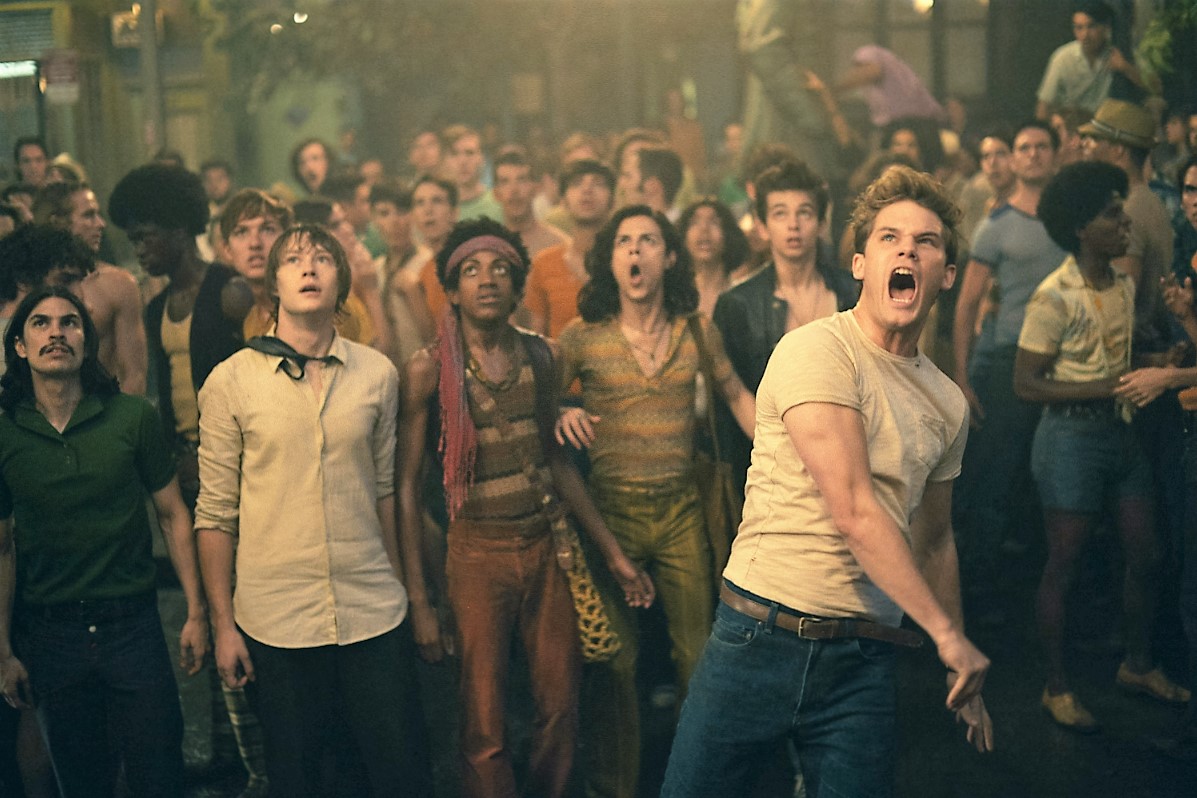
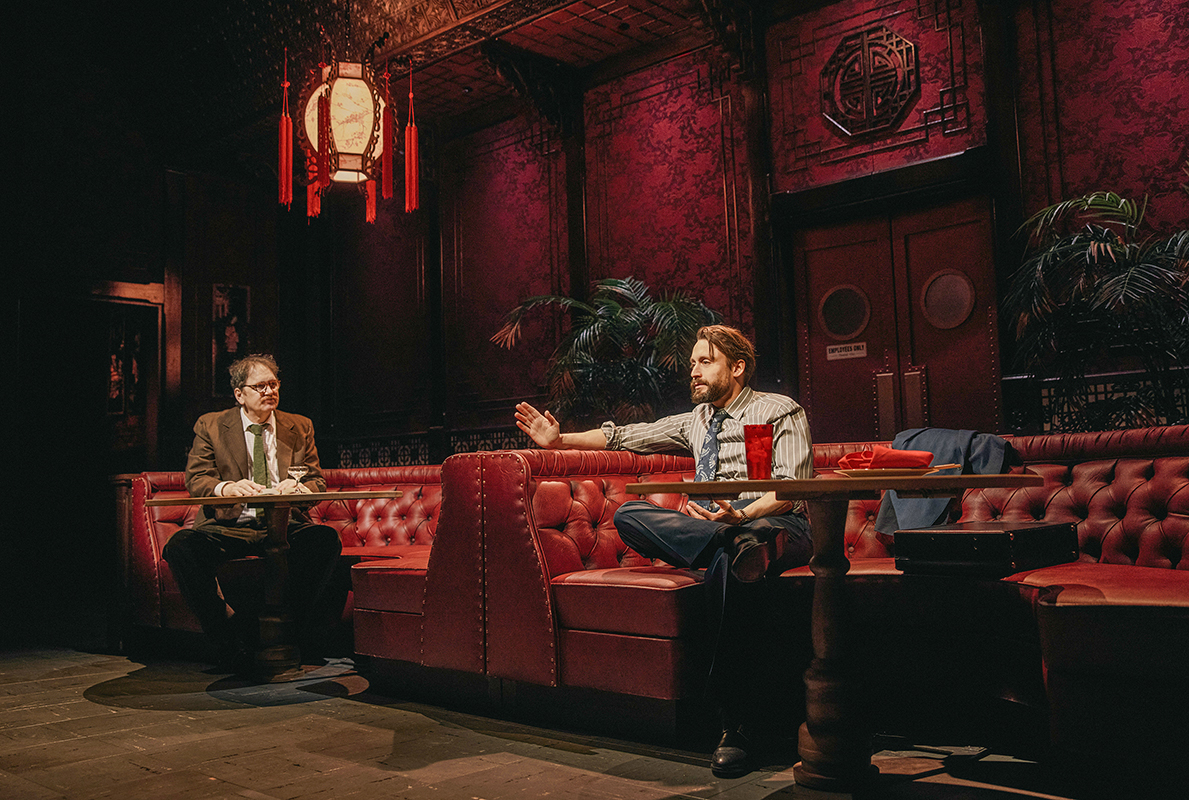














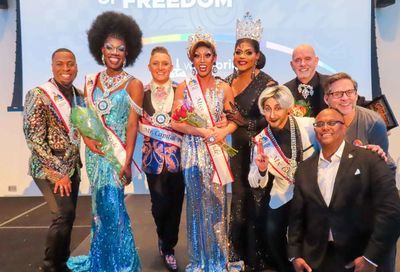
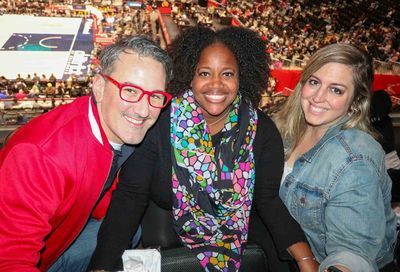
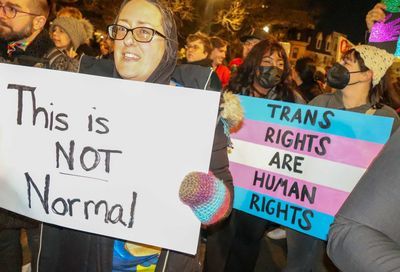
You must be logged in to post a comment.